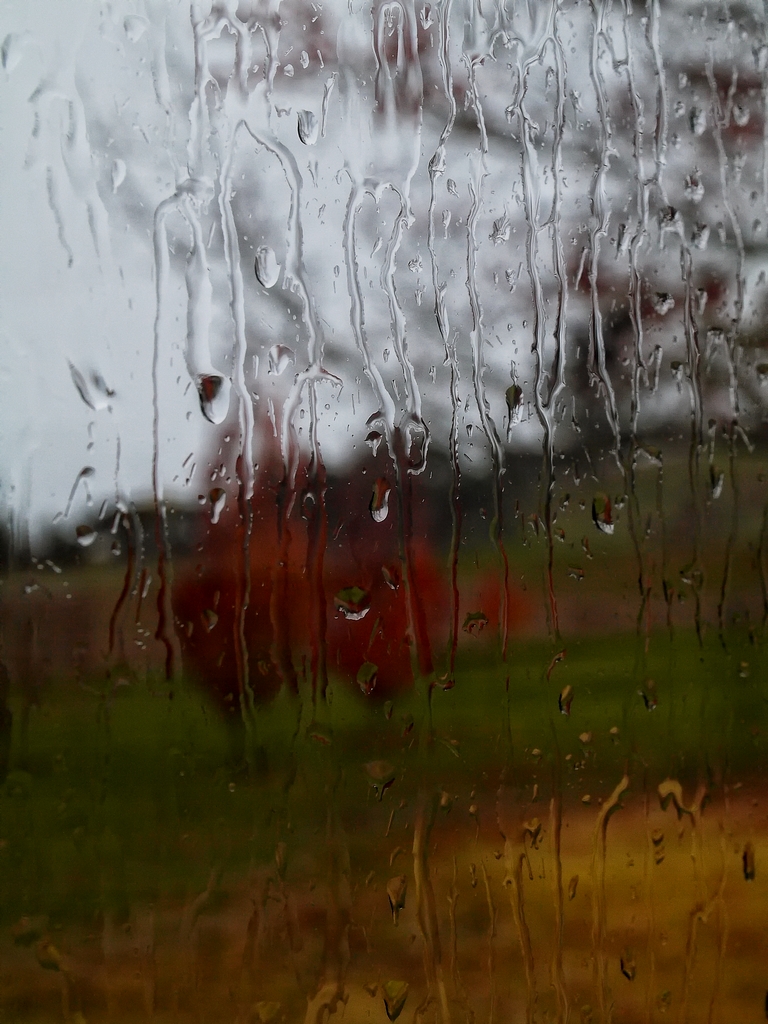To me, the way I see and live and enjoy art and photography, and also from the way I studied them, no work is better for being sharp or sharper: I mean in any way, at all. Never. Could anyone imagine an Ansel Adams print from an 8x10 negative would be "better" in case of having been made with a larger format camera? No, just the same!
If a great shot by Frank or Winogrand or Cartier-Bresson was less sharp than what the used lens could have produced, could have it been a better photograph if any of them were totally still then or used a faster shutter speed? No, not in any way. Not better at all. A bit sharper doesn't mean a bit better.
In my opinion, if we talk about art history, sharpness or detail on paintings are/were/can be considered a lot more important than in photography, and the world and the pass of centuries agree: a painter like Raphael or Vermeer or Bonnard or Dalí, if we talk about technique, are remarkable and deserve respect for that apart from the respect they deserve for their content, color and lyricism... They had to do lots of work to get it, and did it at a level very few in centuries have been able to... In comparison I smile if I think of photography... We just buy a good lens and a tripod and hit the shutter, and the sharpness is there. What's the glory in that? That's too easy! Anyone can do it! So it has no value in any way... Sharpness in photography is just nothing. All of Ansel Adams' images are great because of composition first, and for tone in second place, but their sharpness is irrelevant... Even on "technical" photographic fields I've seen series by photographers who after knowing how to use a view camera very well, decided to do faster architecture snap shooting without tripod, or soft polaroid series, and yet the images can be equally beautiful, and a lot more beautiful than other people's sharper work... It's about content, and if there's no relevant content, at least about relevant composition, as in all arts... Plastic arts have been trying to be more and more free for a long time, more than 500 years, and in the 1800's artists and society accepted sharpness or literal rendering of subjects were not necessary for expression: for sharing feelings. Photography seem less evolved there. The OP is right: artists (painters or photographers) don't care about sharpness because sharpness means nothing and isn't an achievement that can make a work or a body of work last through time, never. Much less in photography where it's not the photographer who produces sharpness. None of any RFF members' shots would be any better if they were sharper. Not even a single one, in any way. Sharpness is great for one thing: for laughing.
Cheers,
Juan




